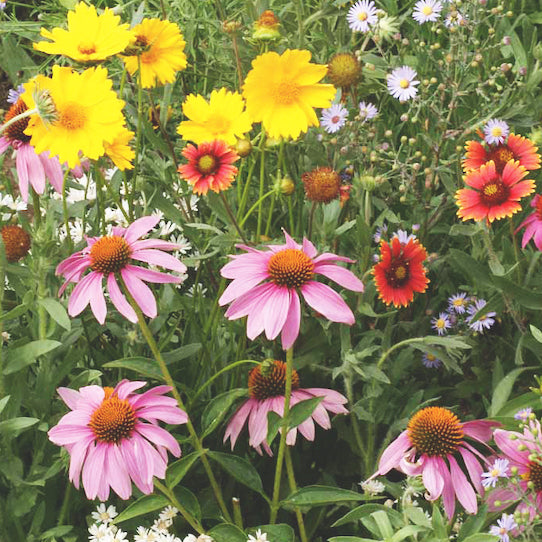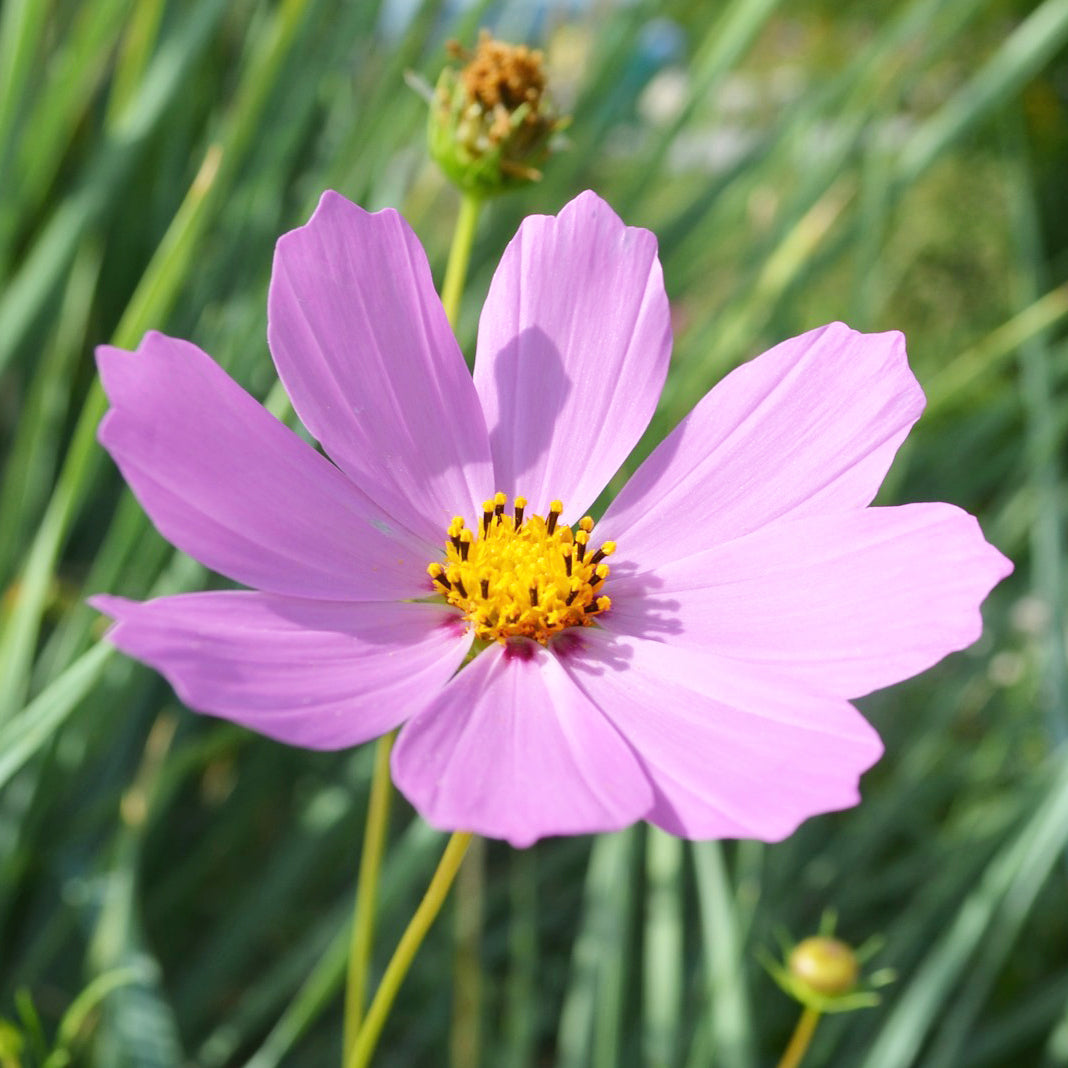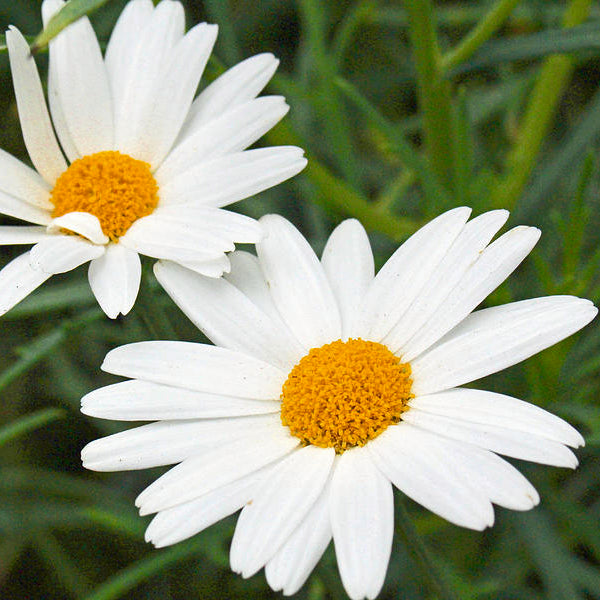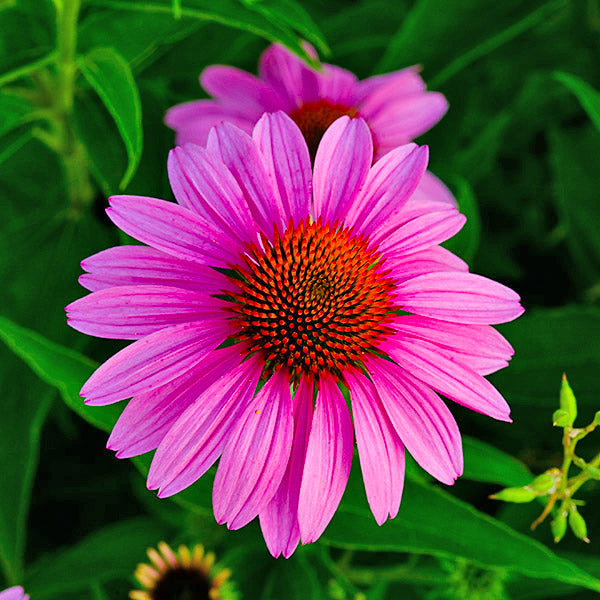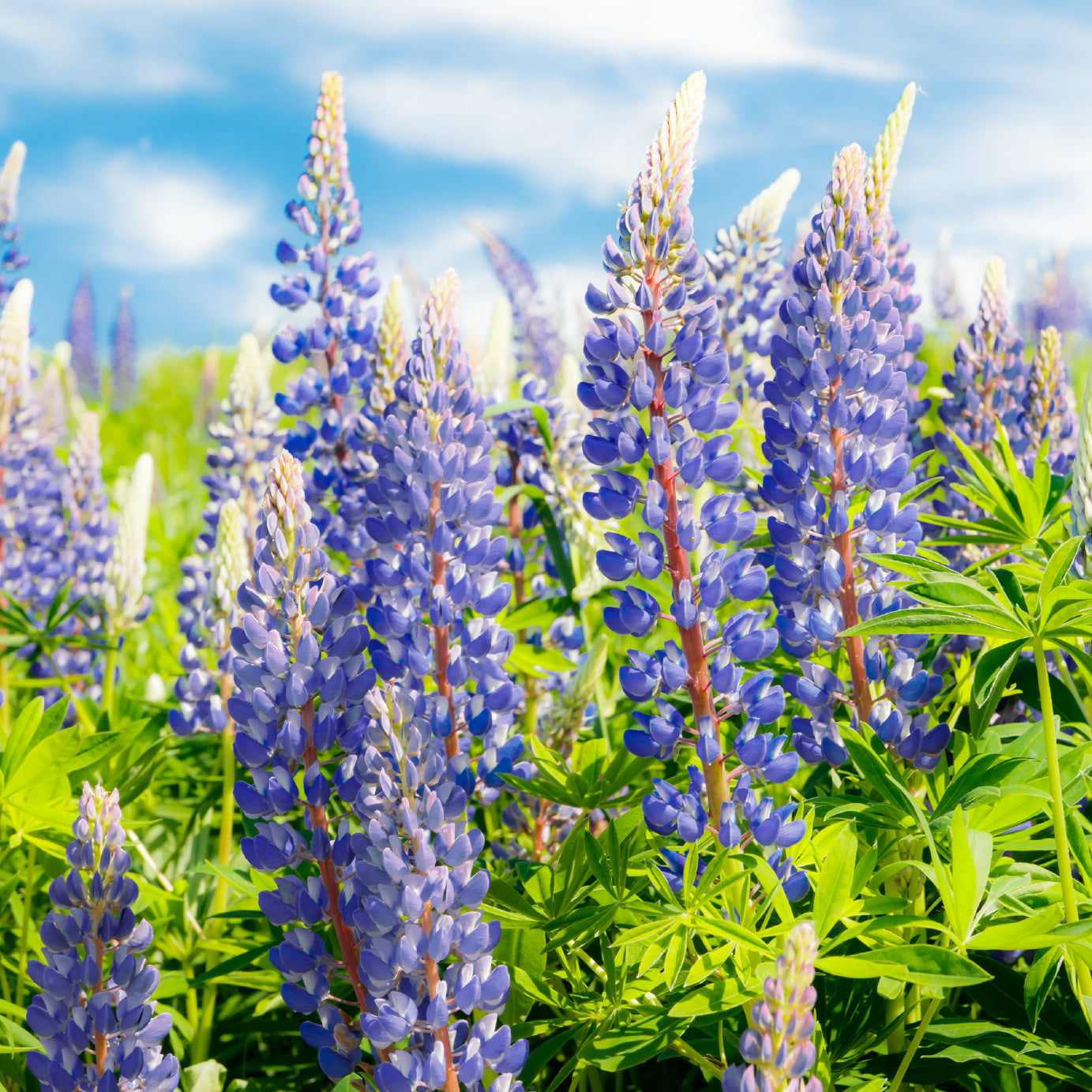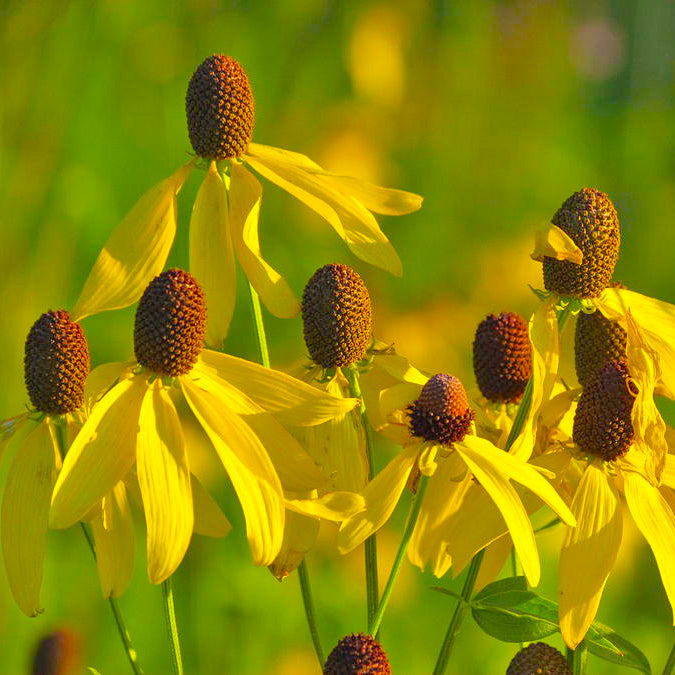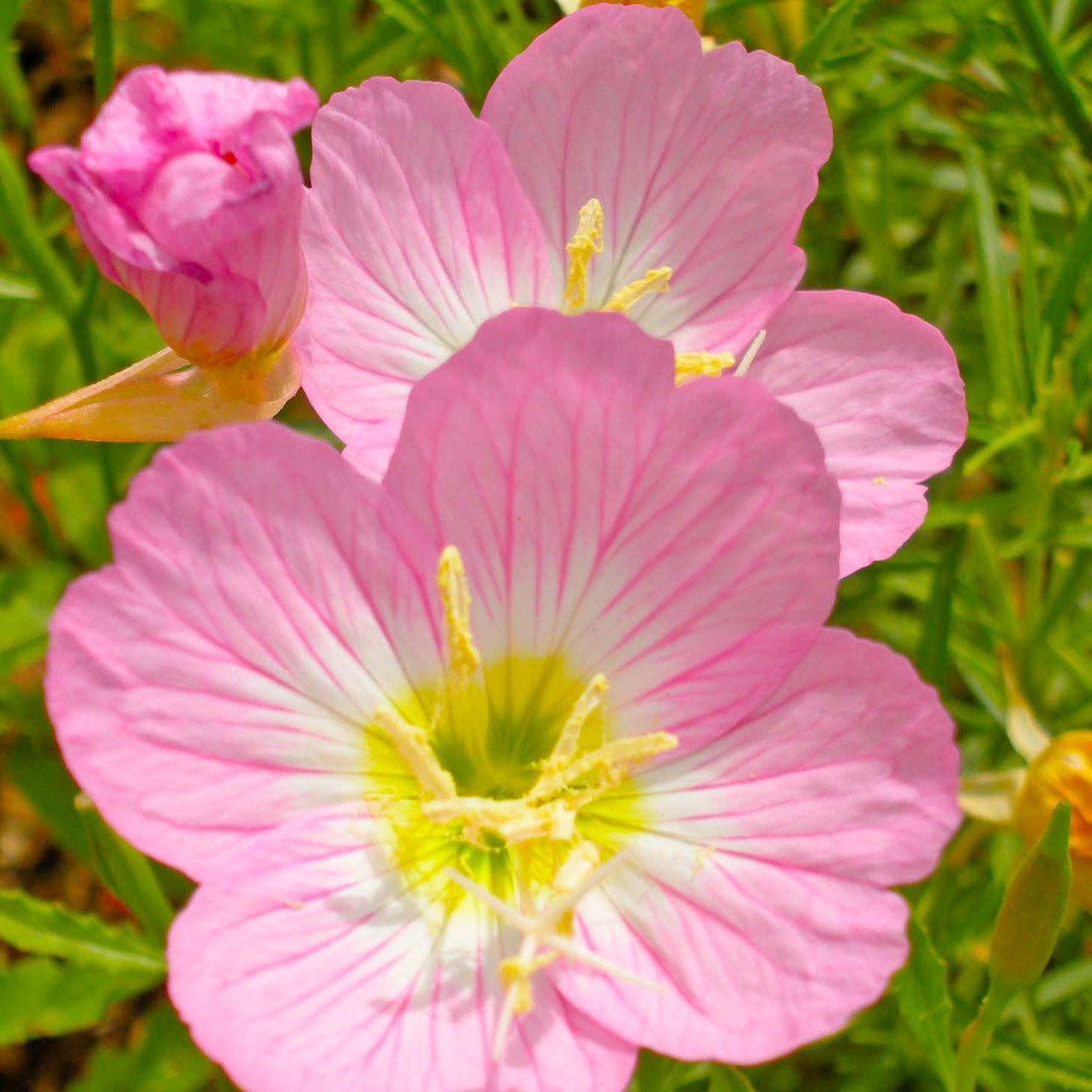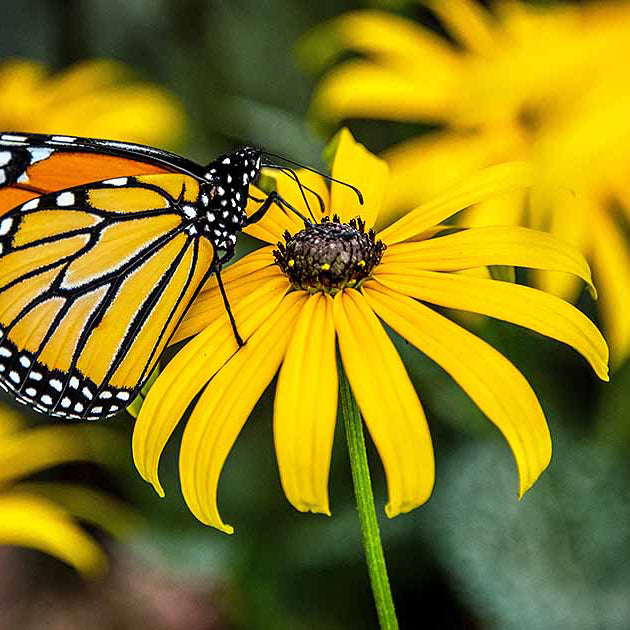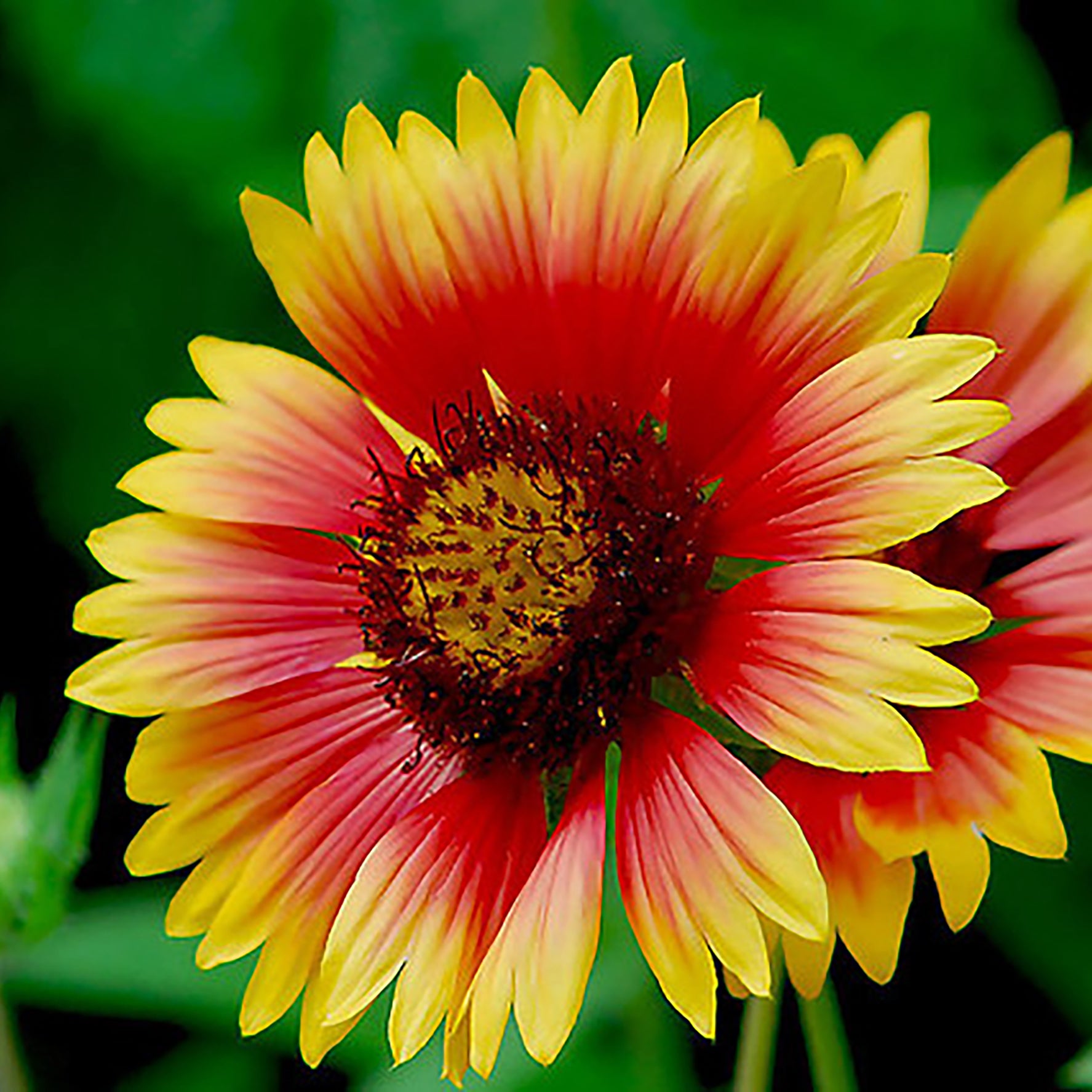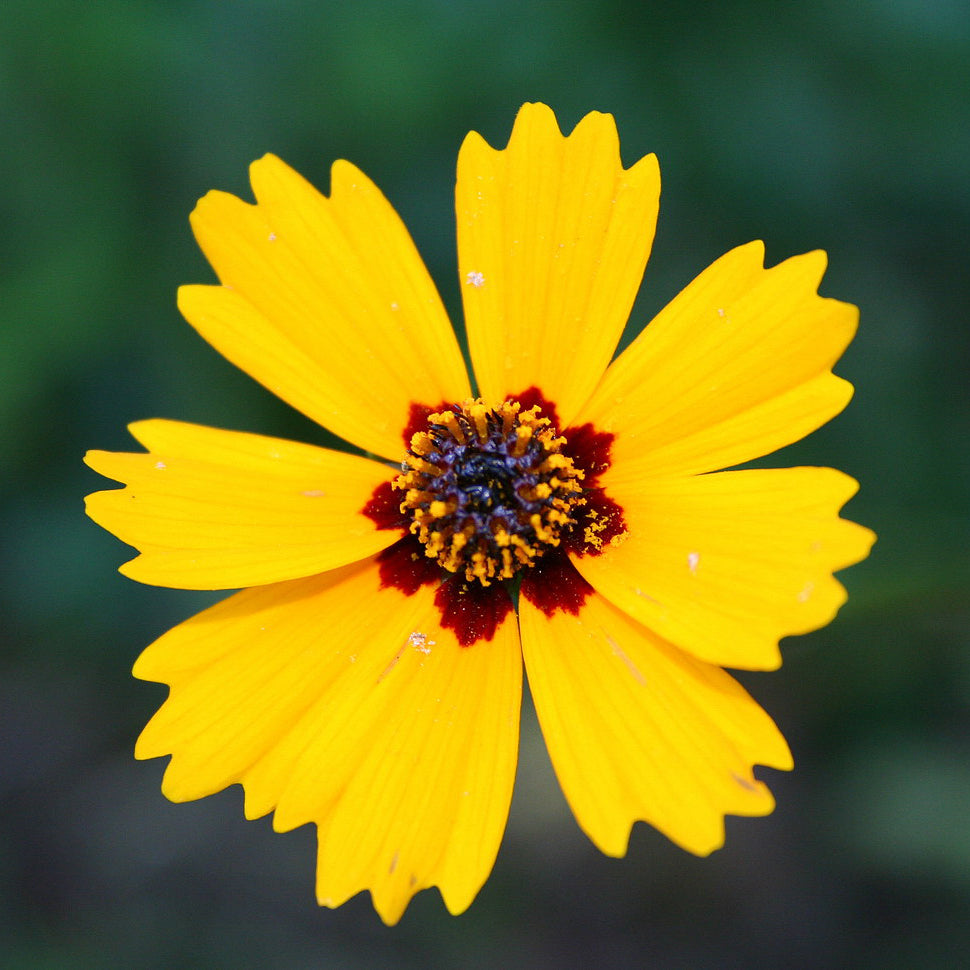| LIFECYCLE | Perennial, Annual, Biennial |
| PLANTING SEASON | Spring, Fall |
| LIGHT REQUIREMENTS | Full Sun, Partial Shade |
| ZONES | 1-10 |
| BLOOM COLOR | Mixed |
| BLOOM PERIOD | Spring, Summer, Fall |
| COVERAGE | Over 325 sq. ft. |
| FEATURES | Attracts Pollinators, Attracts Hummingbirds, Deer Resistant, Drought Tolerant, Easy to Grow |
Tennessee Wildflower Seed Mix Varieties | ||||
| Genus/Species | Common Name | Type | Height (in) | Color |
| Cheiranthus allionii | Siberian Wallflower | B/P | 1O to 18 | Orange |
| Chrysanthemum maximum | Shasta Daisy | P | 16 to 24 | White |
| Coreopsis lanceolata | Lance-Leaf Coreopsis | P | 18 to 36 | Yellow |
| Coreopsis tinctoria | Plains Coreopsis | A | 12 to 36 | Yellow-Maroon |
| Cosmos bipinnatus | Cosmos | A | 36 to 60 | White/Pink/Crimson/Rose |
| Cosmos sulphureus | Cosmos, Klondyke Mix | A | 30 to 40 | Yellow/Orange/Red |
| Delphinium consolida | Larkspur Giant Imperial | A | 12 to 36 | White/Pink/BlueNiolet |
| Echinacea purpurea | Purple Coneflower | P | 24 to 36 | Purple |
| Gaillardia pulchella | Indian Blanket | A | 12 to 24 | Yellow-Red |
| Gypsophila elegans | Baby's Breath | A | 8 to18 | White |
| Hesperis matronalis | Dame's Rocket | P | 24 to 48 | Violet/White |
| Lavatera trimestris | Tree Mallow | A | 24 to 48 | White/Pink |
| Liatris spicata | Gayfeather | P | 24 to 48 | Purple |
| Unum grandiflorum rubrum | Scarlet Flax | A | 12 to 36 | Scarlet |
| Lobularia maritima | Sweet Alyssum | TP | 8 to 16 | White |
| Lupinus perennis | Perennial Lupine | P | 12 to 36 | Blue |
| Monarda citriodora | Lemon Mint | A | 12 to 24 | Lavender/White |
| Oenothera missouriensis | Dwarf Evening Primrose | P | 8 to 12 | Yellow |
| Papaver rhoeas | Corn Poppy | A | 12 to 30 | White/Pink/Red |
| Phlox drummondii | Annual Phlox | A | 8 to 20 | Rose/White/Pink/Red/Purple |
| Rudbeckia amplexicaulis | Clasping Coneflower | A | 18 to 30 | Yellow-Red |
| Rudbeckia hirta | Black Eyed Susan | A/B/P | 12 to 36 | Yellow |
| Salvia coccinea | Scarlet Sage | A/P | 12 to 24 | Red |
|
A = Annual - 51% P = Perennial - 36% B = Biannual - 8% TP = Tender Perennial - 5%
| ||||
HOW TO PLANT WILDFLOWER SEEDS
When To Plant
For Spring planting, it is best to plant within a month after the final frost of the winter season.
For Fall planting, plant the seeds after the first frost to eliminate any chance of germination. Planting in the Fall gives you a jump start on Spring blooms.Where To Plant
Though many wildflowers do tolerate some shade, and a few actually thrive in it, the vast majority prefer a sunny environment. Wildflowers will generally grow in all but the most difficult conditions.
How To Plant
Clear the area and soften the soil as best you can before planting your seeds. For a smaller area, you can hand-broadcast the seeds. For larger areas, we recommend a seed spreader to create a better dispersion of the seeds. After the seeds have been sown, lightly compress the seeds into the soil about 1/4" to protect from birds and wind. Keep the soil moist until germination begins.
How To Care For Wildflowers
Although Wildflowers are easy to grow and take care of, there are some steps to keep them looking beautiful. Regularly weed to ensure your wildflowers are getting the nutrients they need. Water your plants during dry spells.
Customer Reviews

USDA Zone Map
Learn which wildflowers will perform the best with your geographic region.

Gardening Tips
Not sure of what plants will suit your garden best? Learn more about wildflowers with our resources.



